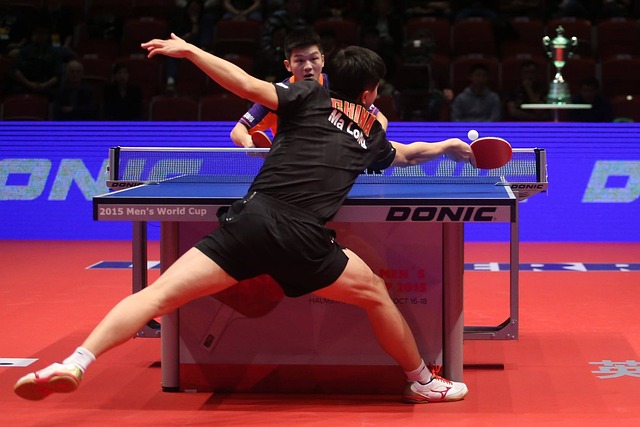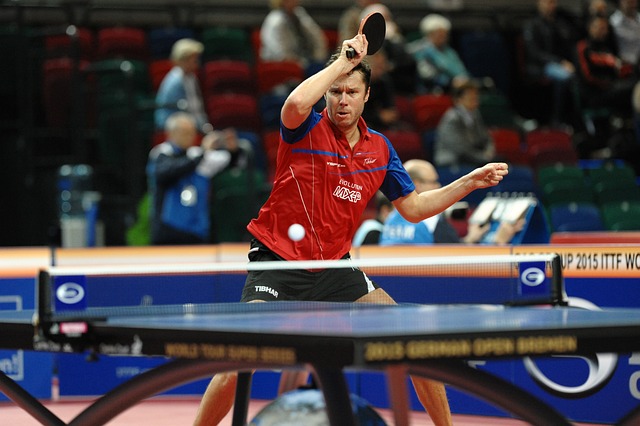
Comparing Betting Systems: Which Are the Most Effective?
Gamblers seeking a competitive advantage in random games have long been drawn to betting systems. These systems vary from simple methods for placing bets. They go to complex plans for placing bets in specific cases. The optimal betting system has been the subject of decades of debate. They are aware that because gambling is inherently unpredictable, no system can ensure success. However, some techniques are known to have a higher likelihood of long-term profit. This article examines well-liked betting strategies. It uses statistics to assess them.
1. The Martingale System
The most well-known betting strategy is probably the Martingale. Every time you lose, you must double your stake to recover all of your losses. Then, you will have a profit equal to your first bet after your first win. Its guaranteed profitability and ease of use are its main draws. Nevertheless, the system contains significant flaws. These consist of reaching table limits or depleting one’s bankroll. This may occur following numerous defeats. According to statistics, the Martingale is a dangerous long-term approach even though it can be successful in the short term.
2. The Fibonacci System

The foundation of this approach is the Fibonacci sequence, in which every number is equal to the sum of its two predecessors. After a loss, bets are placed in the appropriate order; after a win, they are moved back two spots. The Fibonacci method is marginally less dangerous than the Martingale as it does not aggressively raise the stake size. Even so, there is less chance of making money, and extended losing runs can still wipe out your bankroll.
3. The D’Alembert System
The D’Alembert system increases your wager by one unit following a loss and decreases it by one unit following a win. This strategy, which is thought to be more cautious than the Martingale, is predicated on the idea that wins and losses will eventually balance out over time, especially in the long run. The same restriction that applies to all progressive betting systems also limits the system’s usefulness because it doesn’t alter the game’s chances, which are always in the house’s favor.
4. Flat Betting System
The concept of flat betting is straightforward: regardless of the outcome, you always invest the same amount. Although this strategy does not guarantee the excitement of huge earnings, it is safer, allowing for better bankroll management and reducing the likelihood of a catastrophic loss. In terms of statistics, flat betting is regarded as one of the most sensible approaches, particularly for those who aren’t attempting to wager excessively.
5. Card Counting in Blackjack

Card counting is a tactic employed specifically in blackjack to tilt the odds in the player’s advantage, unlike the previously listed strategies. Skilled players can change their bets and strategies. They do this based on the chance of winning future hands. They do this by tracking which cards have been dealt. Card counting is a useful strategy, but it’s not infallible or widely applicable because it takes a lot of skill and can get you kicked out of a casino.
6. Betting on Skill-Based Games
Betting methods work better in games where player decisions affect the outcome. This includes poker and the popular Aviator. Unlike games that are solely reliant on chance, these ones give players the ability to regularly win over time by utilizing skill and strategy.
In conclusion, no betting strategy can remove the house advantage entirely. These strategies’ success often depends more on short-term luck than on statistics. To prevent big losses, gamblers should use bankroll management. They should also proceed cautiously when using each technique. In the end, treating gambling as entertainment rather than a legitimate source of revenue might be the best betting approach.


